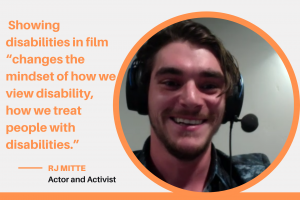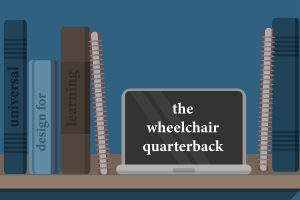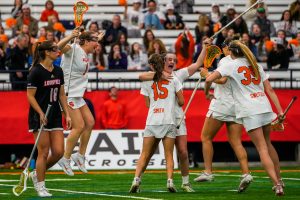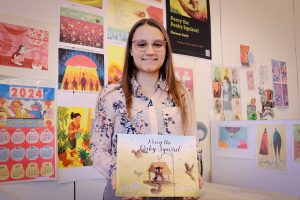Column: Shifting to acceptance and empowerment around autism awareness
Column: Autism Awareness: Shifting to acceptance and empowerment
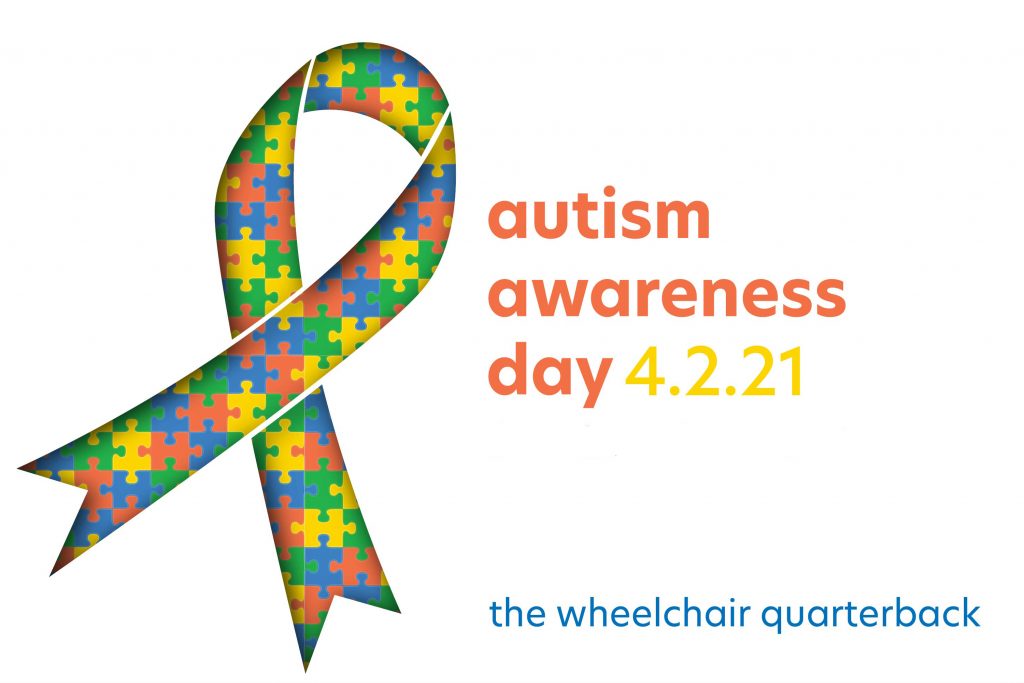
Awareness months for diseases or conditions are designed with good intentions.
But at the start of Autism Awareness Month that kicks off with Friday’s World Autism Awareness Day, some advocates suggest these designated days aren’t enough – and can even prove to be frustrating.
To them, simply drawing attention for a month each year isn’t enough, and the annual day, month and phrase “Autism Awareness” never live to its intentions.
Instead, Syracuse University doctoral student Nate Hughes and other advocates for the autistic community would like to emphasize empowerment and acceptance.
“Acceptance is more about not judging other people and making sure that everyone, autistic or not, is included in our society,” said Hughes, who has a diagnosis of autism. “Inclusion means just treating somebody with autism as you would treat anyone else.”
Kevin Camelo, who is a peer mentor for the Kelberman Center and an autism services provider in Utica, said that while awareness has good intentions by aiming to recognize people with autism, it also “others” individuals by stigmatizing them as abnormal or different.
On the other hand, Camelo said empowerment recognizes the humanity in individuals with autism and helps them realize their potential.
The societal hesitance to focus on acceptance and empowerment is rooted in the medical model of disability – the idea that the problems are people with disabilities, Camelo said.
Kyle Tracy, a student with SU’s InclusiveU program that provides students with developmental and intellectual disabilities the opportunity to attend college, said it’s about people respecting the autistic community.
Tracy said he wants people to see him as a human being and listen to him when he talks.
Autism acceptance gives people with autism a platform to talk about their experiences, and SU education professor Christine Ashby said acceptance cultivates a commitment to shifting narratives. Put simply, she said acceptance is more than a “passive acknowledgment.”
“All people, autistic or not, need access to autistic perspectives and experiences,” Ashby said.
But shifting to acceptance and empowerment and further inclusion requires society to change its tune. Too often, people without autism who are “professionals” because of initials following their name write the narrative surrounding autism, Ashby said.
The real experts, she added, are those with lived experiences. People with autism need a chance to express themselves, and people without autism must listen however the message is communicated – whether through speech, typing, behavior or augmented and alternative communication, Ashby said.
To Hughes, having that voice is what matters most.
“It is vitally important that people with autism speak for themselves,” Hughes said. “Many people make assumptions about competence and whether we are even able to communicate our thoughts and feelings.”
“I suggest putting that to the side; even observing our behavior can give you a good idea about what we are thinking about and what our preferences and needs are.”
Ashby said she is often disappointed by the ableist assumptions about stimming, which is when people with autism engage in stereotypical behavior. Some people treat it as problematic, but Ashby said doing so ignores that the behaviors may help people with autism interact with others.
The conversations never surround the reasons for these behaviors but instead surround the reasons they are unacceptable, she added.
“There are so many ‘therapies’ out there that seem to be focused on having autistic people move toward less autistic ways of being,” Ashby said. “We need to ask ourselves why.”
So while Autism Awareness Month takes place this month and likely many Aprils in the future, Ashby suggests it’s time to move past “celebrations” for a better approach.
“Awareness doesn’t lead to change,” she said. “It doesn’t lead to engagement. We need to listen to autistic voices.”
Editor's Note:
SU magazine senior Joey Pagano’s column, The Wheelchair Quarterback, appears regularly on The NewsHouse this semester and features insights on issues facing people with disabilities with a focus on empowerment. Inspired by first-hand experiences, The Wheelchair Quarterback reports with a solutions- and advocacy-journalism approach.


